14 January 2015
The Pre-Conditions for Religious Freedom Unmet by Islam
Religious freedom is a result of the individual right to freedom of conscience and thought. Religious freedom is a subset of these broader freedoms. Since religion usually calls on individuals to join with other individuals in activities including joint worship, it is also a result of freedom of association. Religion commonly calls on people to act in prescribed ways, which they are allowed to do because individuals have a broad freedom of action, including freedom of speech, freedom of the press, the freedom to assemble, and the freedom to contribute one's time, effort, and wealth to a religious cause.
Note that freedom of religion exists in the context of broad individual rights. These individual rights enable individuals to survive and flourish in life while preventing others from threatening them with violence and force. Every individual has equal, sovereign individual rights based on his nature as a rational being who must use his mind and take action to sustain and maintain his life. Man institutes government for the sole, legitimate function of protecting his and everyone else' individual rights, as properly stated in our Declaration of Independence. When a highly limited government well-instituted, as by our Constitution, provides this protection, a very robust and choice-rich private sector results in which individuals can revel in their full individual complexity and differentiation, while cooperating for their mutual benefit with others for purposes of their choosing. Thus men commonly live creative and productive lives in harmony and prosperity.
This understanding of the nature of man and his individual rights was unknown until the Enlightenment developed in Europe. It mostly developed in England, Scotland, France, and the Netherlands. These were generally Christian countries. Christianity, as practiced for at least 1000 years prior to this, had been deeply entwined with government, actively invoking the force of governments to force the people of each country to believe in the religion, or at least to pretend to believe in it and to be constrained in their actions by its tenets. Christianity during this period was guilty of many terrible acts of evil. But, Christianity had a key individual at its root, Jesus Christ, who had not advocated the use of force to impose his religious ideas. He had pointedly refused to interfere with the rule of Rome, admittedly maybe only because that would have been a pretty futile effort at the time. The fact that Jesus Christ had not preached that Christians take control of government and use it to force people to practice his religious ideas made it feasible to reform Christianity after the Enlightenment to a sufficient degree that religious freedom became broadly possible to extend to the various forms of religions in the Enlightened countries. The people who were brought up in this tradition came to believe that all religions should be granted freedom of religion.
Unfortunately, few people have a clear understanding of the conditions which must exist for it to be possible to have a broad freedom of religion without undermining the many individual rights that make freedom of religion possible. It simply is not possible to offer freedom of religion to a religion which embraces the use of force to spread the religion and to subjugate those people who refuse to adopt it.
Islam became known to man through Mohammed in 610 AD in the Arabic peninsula. The land was very primitive with many contending tribes, some of which were polytheistic and some of which were Jewish. When Mohammed had few followers, he formed alliances of convenience with Jewish tribes and often proclaimed his desire for peace with at least some other tribal groups. However, as he became more and more powerful, he became much more ready to use force to suppress any peoples who did not join him as followers and believe in his teachings. He taught that Islam required Jihad, which generally was implemented by using force to conquer other people. He developed Islam as an integrated set of religious and political beliefs in which Islam was established by the state through the Sharia Law. Government was to advance Islam, to suppress non-believers often to the point of killing them, to collect tribute from those who submitted but did not believe, and to conquer new lands and people. It was also to punish any Muslim who became a non-believer with death. Basically, the integrated religion and tyrannical government model is not compatible with individual rights.
It will not be possible to extend religious freedom to Islam until and unless it reforms itself to eliminate its political component that uses force to limit greatly many individual rights. The integrated rights of the individual cannot be in conflict with one another. Whenever someone proposes a conflict of rights, that person has failed to correctly identify the rights of the individual. It is very common that people do this and then they commonly say that rights bring with them responsibilities. Meeting those responsibilities is supposed to reduce the friction, nay the conflict, of one person's rights with those of others. Those responsibilities commonly include obligations of service to others and out and out self-sacrifice. This is all nonsense. Properly identified individual rights allow men to live in harmony, not conflict.
Because those who practice Islam are required to emulate Mohammed, they are essentially required to emulate his use of force to spread and maintain its integrated religious and political system. Some may choose to emulate his earlier stage of operations when his forces were weak and he was less aggressive. Others will follow his later actions when his forces were strong and quite ruthless in their conquering sweep across the Arabic peninsula. People most often acquire their religious and political beliefs from their family and the society into which they are born. They come to see their realistic choices as limited by their culture and will mostly allow their developed beliefs to vary but little from those common in their culture. The Muslim cultures strongly discourage a wide range of beliefs within Islam itself in given areas. Some more substantial variations do exist among Muslims as a whole, such as those between the Sunnis and the Shiites, who often have very nasty wars with each other. We should realize that some Muslims do try hard to be decent people despite the limitations of Islam. While we must work and fight to maintain an Enlightenment culture that honors and preserves individual rights, we do not want to be at war with all Muslims.
It is not an abberation when an Islamist uses force to advance Islam, however. It cannot truthfully be said that the use of force means someone is not practicing Islam. I understand this representation to be an attempt to discredit such Islamists and to limit the number of followers of Islam with which we have to contend in violent confrontations. However, this is an attempt to deny the truth. Islam is not so easily reformed to separate the control of government and the use of force from the religion as was the case with Christianity. Mohammed was not Jesus Christ. The brutal Arabic peninsula of 610 AD was not the somewhat civilized Roman Empire of Jesus' time. The reformation of Islam may well take hundreds of years, given that the easier case of Christianity took hundreds of years. Violence in the name of Islam may well continue for that entire time. That violence may be extreme or radical in our Western Civilization context, but it is manifestly not extreme or radical in the context of Islam.
There are many non-violent Islamists and many who are nice people when we interact with them on a personal basis. We need not be at war with everyone who believes in Islam. But, many of the personally peaceful Muslims do believe it is their religious duty to support and contribute to those who use violence to advance their religion. Many believe that when it becomes possible for them to make Sharia Law the law of the land, they should do so. This would trample individual rights and with the loss of those rights, a complete loss of freedom of conscience and its subset freedom of religion will result. Understanding what is at stake in refusing to have our own society taken over by Islam is necessary if we are to maintain our precious individual rights.
It is vital that we also understand that the use of force is a true emulation of Mohammed's acts by present day Islamists and not an abberation despite Obama's and other Progressives' adamant claims that it is. We must not lose focus on the fact that Islam is an integrated system of religion and government, not just another religion. Islam is not compatible with individual rights and in its present common forms does not meet the conditions of a belief system that qualifies for religious freedom. The present common effort to grant it religious freedom undermines religious freedom, freedom of conscience, freedom of speech, freedom of the press, freedom of assembly, freedom of association, and self-ownership. Islam is unfortunately a very tyrannical religious and political system.
Note that freedom of religion exists in the context of broad individual rights. These individual rights enable individuals to survive and flourish in life while preventing others from threatening them with violence and force. Every individual has equal, sovereign individual rights based on his nature as a rational being who must use his mind and take action to sustain and maintain his life. Man institutes government for the sole, legitimate function of protecting his and everyone else' individual rights, as properly stated in our Declaration of Independence. When a highly limited government well-instituted, as by our Constitution, provides this protection, a very robust and choice-rich private sector results in which individuals can revel in their full individual complexity and differentiation, while cooperating for their mutual benefit with others for purposes of their choosing. Thus men commonly live creative and productive lives in harmony and prosperity.
This understanding of the nature of man and his individual rights was unknown until the Enlightenment developed in Europe. It mostly developed in England, Scotland, France, and the Netherlands. These were generally Christian countries. Christianity, as practiced for at least 1000 years prior to this, had been deeply entwined with government, actively invoking the force of governments to force the people of each country to believe in the religion, or at least to pretend to believe in it and to be constrained in their actions by its tenets. Christianity during this period was guilty of many terrible acts of evil. But, Christianity had a key individual at its root, Jesus Christ, who had not advocated the use of force to impose his religious ideas. He had pointedly refused to interfere with the rule of Rome, admittedly maybe only because that would have been a pretty futile effort at the time. The fact that Jesus Christ had not preached that Christians take control of government and use it to force people to practice his religious ideas made it feasible to reform Christianity after the Enlightenment to a sufficient degree that religious freedom became broadly possible to extend to the various forms of religions in the Enlightened countries. The people who were brought up in this tradition came to believe that all religions should be granted freedom of religion.
Unfortunately, few people have a clear understanding of the conditions which must exist for it to be possible to have a broad freedom of religion without undermining the many individual rights that make freedom of religion possible. It simply is not possible to offer freedom of religion to a religion which embraces the use of force to spread the religion and to subjugate those people who refuse to adopt it.
Islam became known to man through Mohammed in 610 AD in the Arabic peninsula. The land was very primitive with many contending tribes, some of which were polytheistic and some of which were Jewish. When Mohammed had few followers, he formed alliances of convenience with Jewish tribes and often proclaimed his desire for peace with at least some other tribal groups. However, as he became more and more powerful, he became much more ready to use force to suppress any peoples who did not join him as followers and believe in his teachings. He taught that Islam required Jihad, which generally was implemented by using force to conquer other people. He developed Islam as an integrated set of religious and political beliefs in which Islam was established by the state through the Sharia Law. Government was to advance Islam, to suppress non-believers often to the point of killing them, to collect tribute from those who submitted but did not believe, and to conquer new lands and people. It was also to punish any Muslim who became a non-believer with death. Basically, the integrated religion and tyrannical government model is not compatible with individual rights.
It will not be possible to extend religious freedom to Islam until and unless it reforms itself to eliminate its political component that uses force to limit greatly many individual rights. The integrated rights of the individual cannot be in conflict with one another. Whenever someone proposes a conflict of rights, that person has failed to correctly identify the rights of the individual. It is very common that people do this and then they commonly say that rights bring with them responsibilities. Meeting those responsibilities is supposed to reduce the friction, nay the conflict, of one person's rights with those of others. Those responsibilities commonly include obligations of service to others and out and out self-sacrifice. This is all nonsense. Properly identified individual rights allow men to live in harmony, not conflict.
Because those who practice Islam are required to emulate Mohammed, they are essentially required to emulate his use of force to spread and maintain its integrated religious and political system. Some may choose to emulate his earlier stage of operations when his forces were weak and he was less aggressive. Others will follow his later actions when his forces were strong and quite ruthless in their conquering sweep across the Arabic peninsula. People most often acquire their religious and political beliefs from their family and the society into which they are born. They come to see their realistic choices as limited by their culture and will mostly allow their developed beliefs to vary but little from those common in their culture. The Muslim cultures strongly discourage a wide range of beliefs within Islam itself in given areas. Some more substantial variations do exist among Muslims as a whole, such as those between the Sunnis and the Shiites, who often have very nasty wars with each other. We should realize that some Muslims do try hard to be decent people despite the limitations of Islam. While we must work and fight to maintain an Enlightenment culture that honors and preserves individual rights, we do not want to be at war with all Muslims.
It is not an abberation when an Islamist uses force to advance Islam, however. It cannot truthfully be said that the use of force means someone is not practicing Islam. I understand this representation to be an attempt to discredit such Islamists and to limit the number of followers of Islam with which we have to contend in violent confrontations. However, this is an attempt to deny the truth. Islam is not so easily reformed to separate the control of government and the use of force from the religion as was the case with Christianity. Mohammed was not Jesus Christ. The brutal Arabic peninsula of 610 AD was not the somewhat civilized Roman Empire of Jesus' time. The reformation of Islam may well take hundreds of years, given that the easier case of Christianity took hundreds of years. Violence in the name of Islam may well continue for that entire time. That violence may be extreme or radical in our Western Civilization context, but it is manifestly not extreme or radical in the context of Islam.
There are many non-violent Islamists and many who are nice people when we interact with them on a personal basis. We need not be at war with everyone who believes in Islam. But, many of the personally peaceful Muslims do believe it is their religious duty to support and contribute to those who use violence to advance their religion. Many believe that when it becomes possible for them to make Sharia Law the law of the land, they should do so. This would trample individual rights and with the loss of those rights, a complete loss of freedom of conscience and its subset freedom of religion will result. Understanding what is at stake in refusing to have our own society taken over by Islam is necessary if we are to maintain our precious individual rights.
It is vital that we also understand that the use of force is a true emulation of Mohammed's acts by present day Islamists and not an abberation despite Obama's and other Progressives' adamant claims that it is. We must not lose focus on the fact that Islam is an integrated system of religion and government, not just another religion. Islam is not compatible with individual rights and in its present common forms does not meet the conditions of a belief system that qualifies for religious freedom. The present common effort to grant it religious freedom undermines religious freedom, freedom of conscience, freedom of speech, freedom of the press, freedom of assembly, freedom of association, and self-ownership. Islam is unfortunately a very tyrannical religious and political system.
Subscribe to:
Post Comments (Atom)












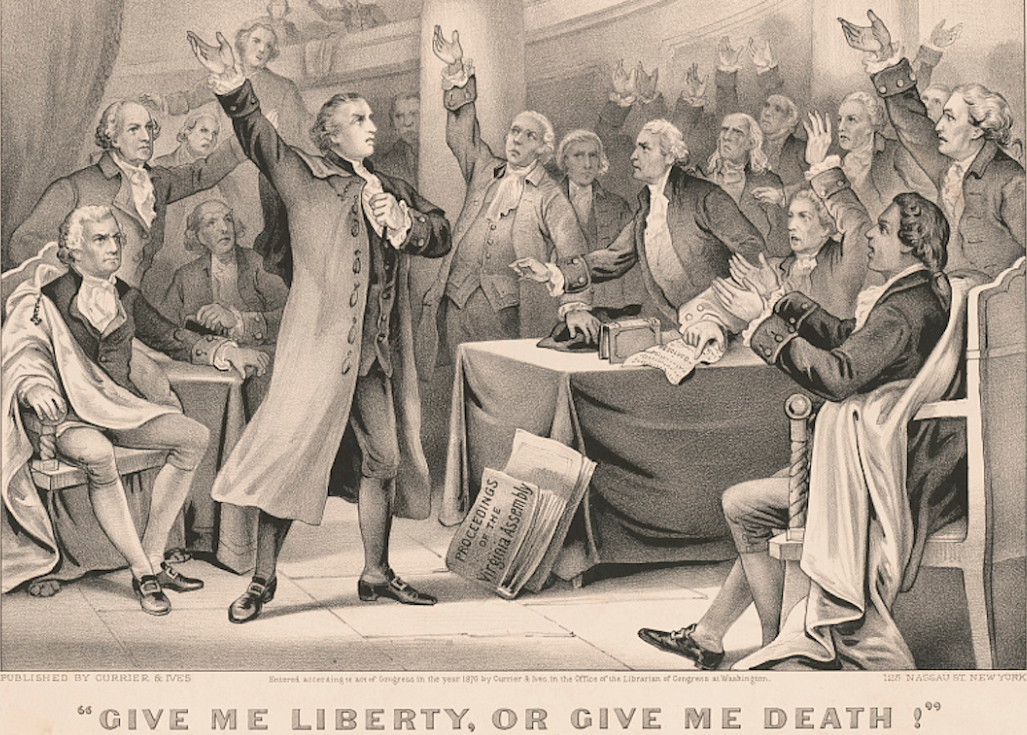
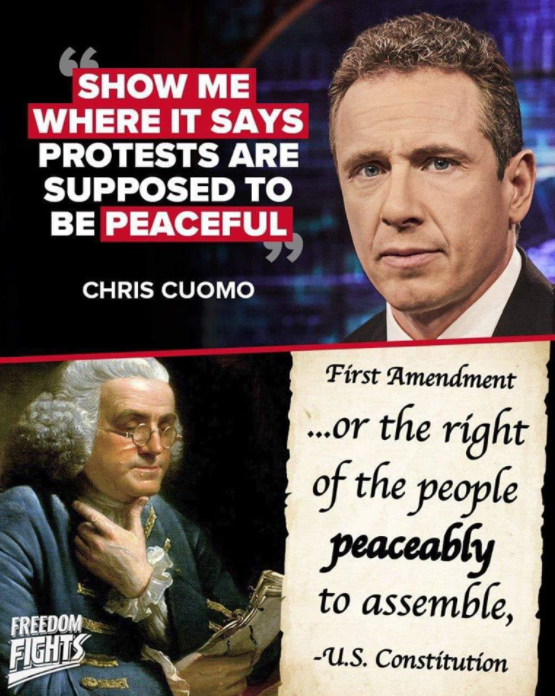
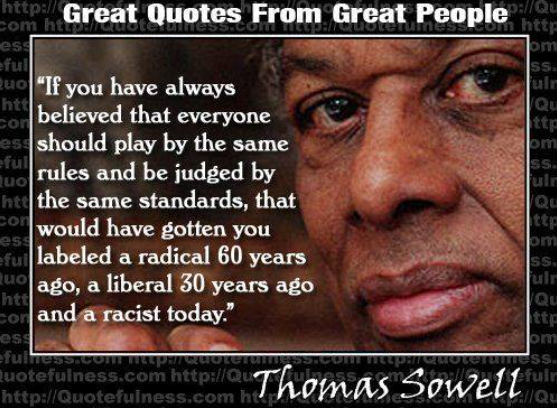
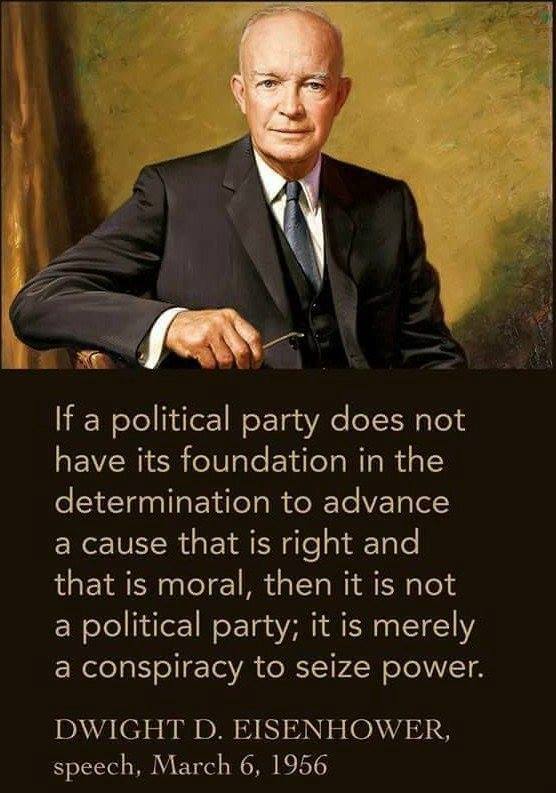




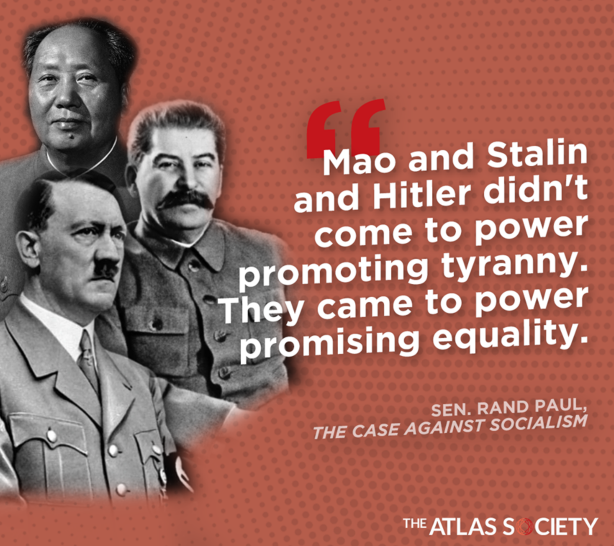
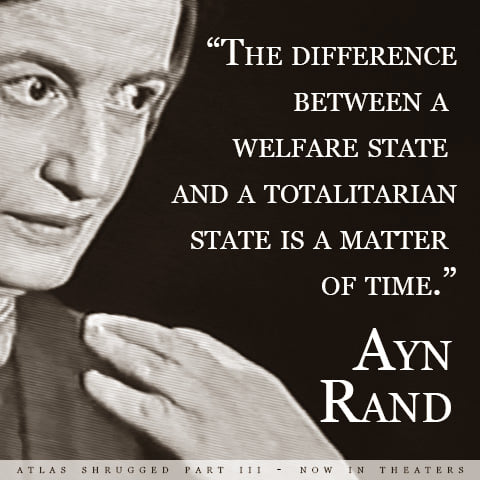

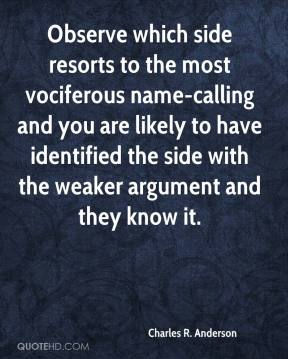
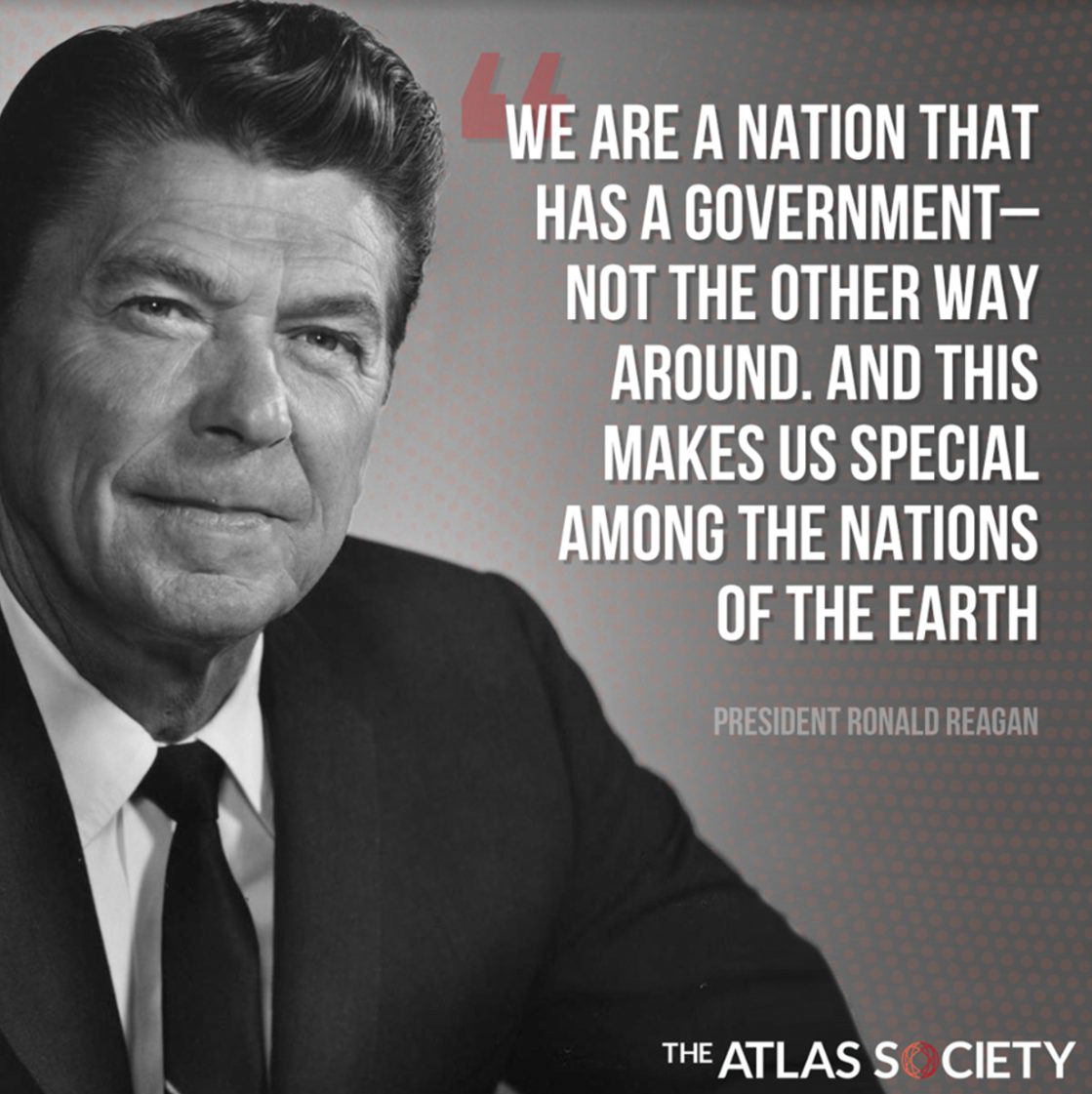




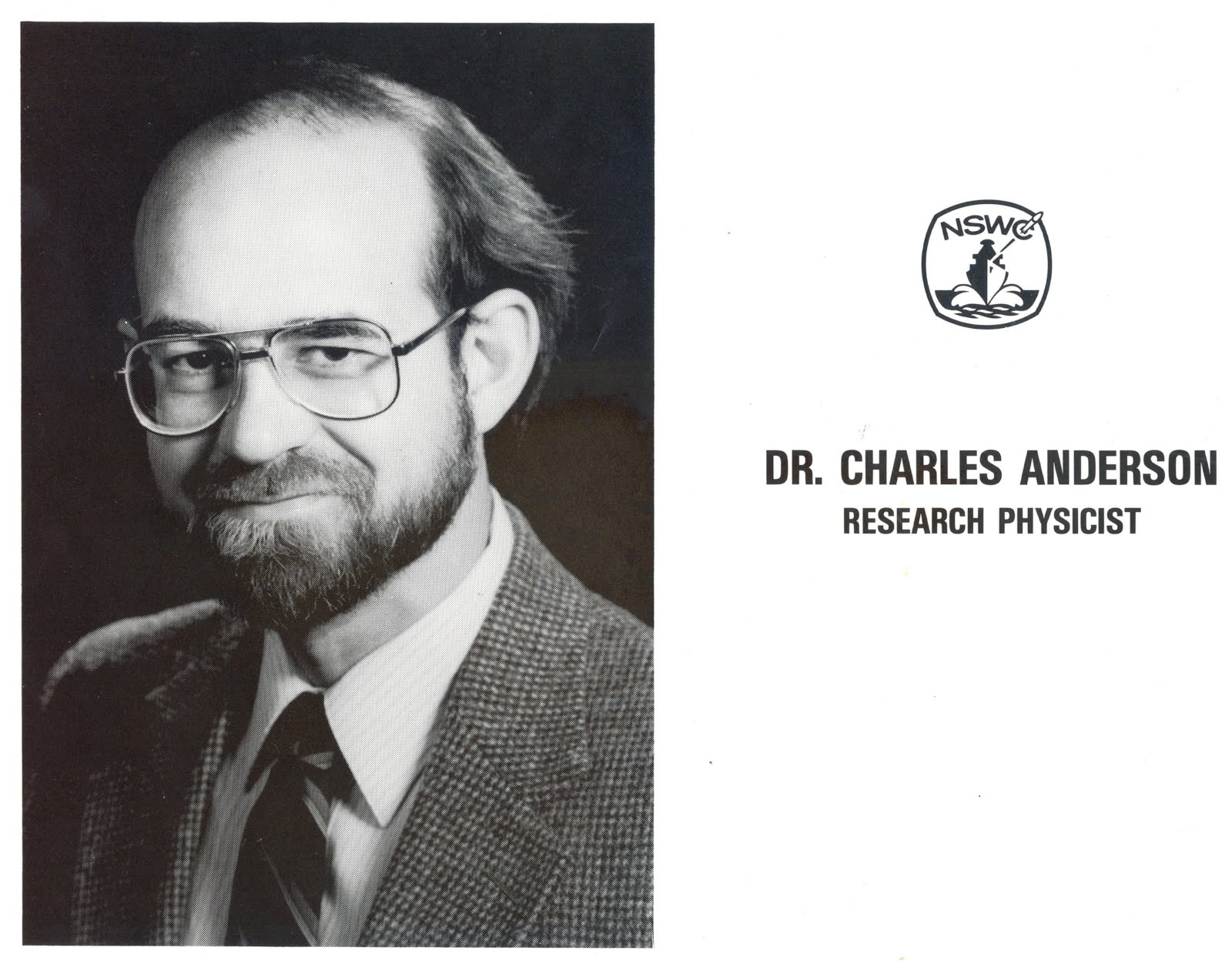

































No comments:
Post a Comment